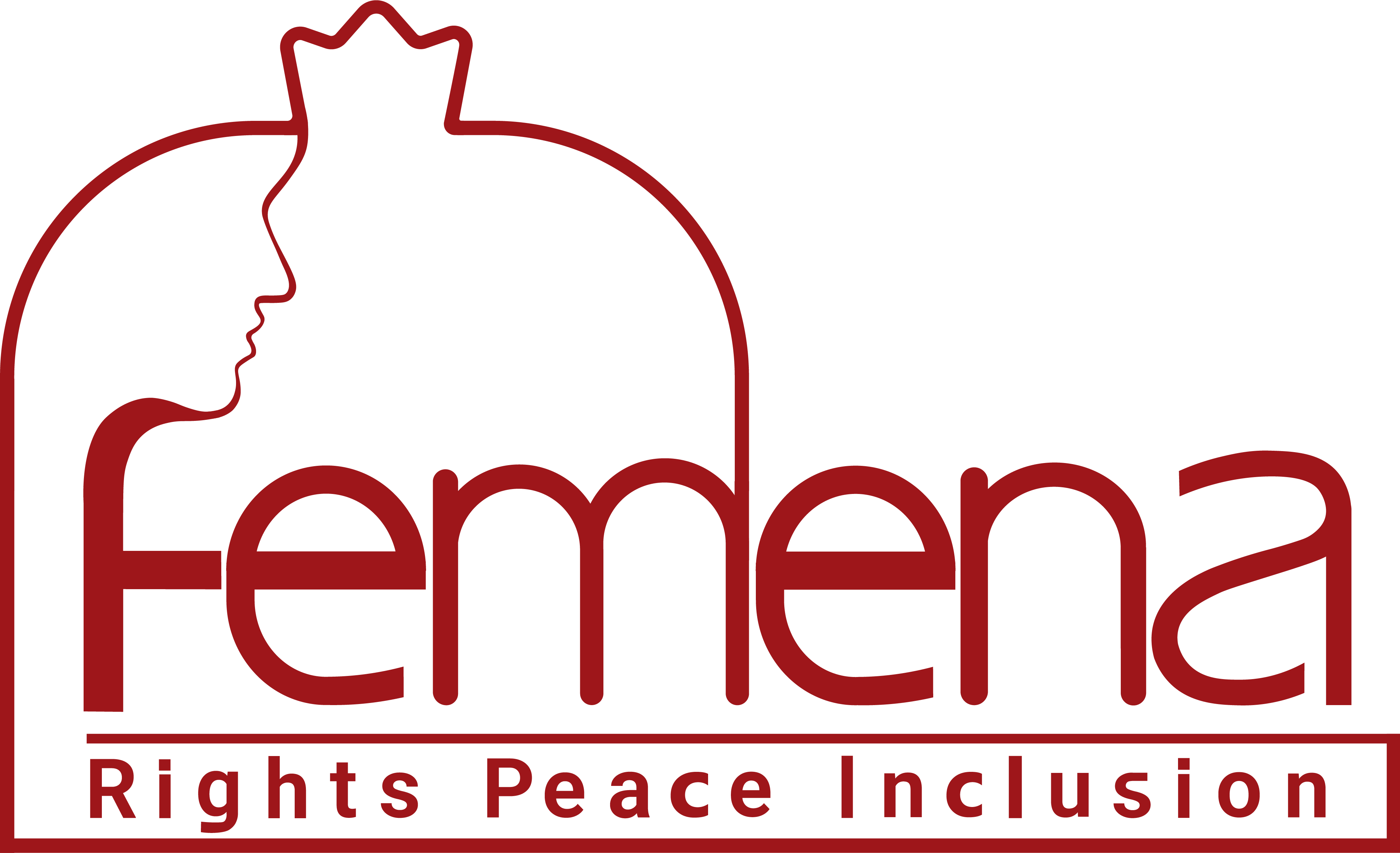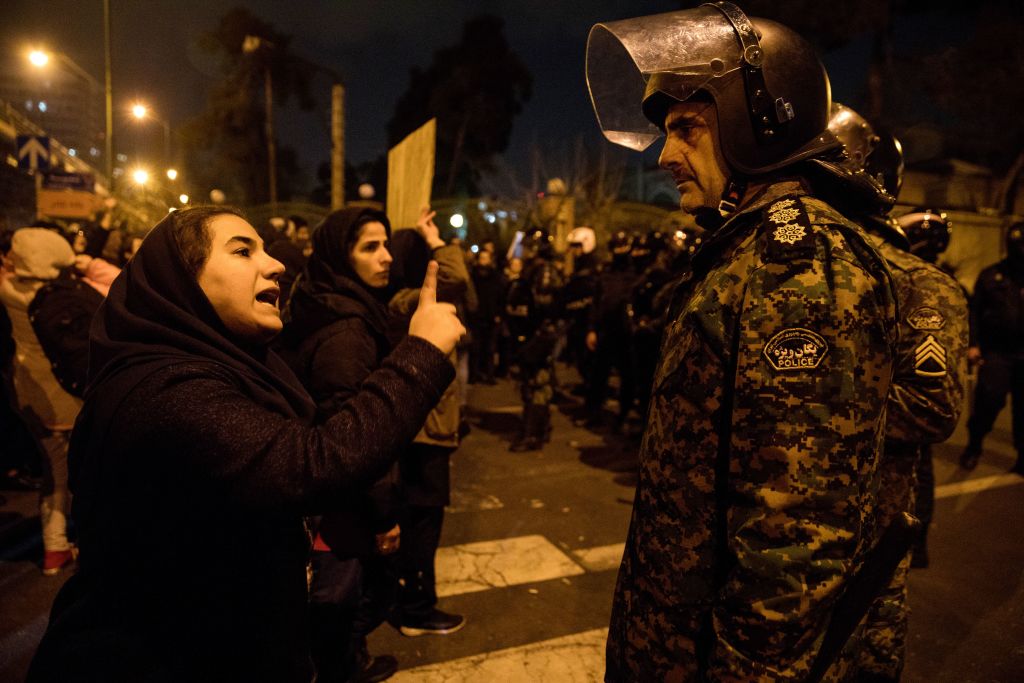For several months now, women in Iran have been protesting against oppression, violence and systematic discrimination. Chanting “woman, life, freedom,” Iranian women have started a feminist revolution.
Unfortunately, while protesting demanding years of oppression and violation of women’s bodily autonomy, these bodies have once again turned into battlegrounds and used against them to silence the cry for liberation. As many reports claim, sexual violence is widely being used against female protesters either on the streets or in custody.
In the past two months, several videos and images of sexual violence used by security forces have gone viral on Iranian social networks. In these images, security forces clearly harass women sexually while arresting them. Moreover, some women released from prison, reported to feminist activists and organization that they experienced some form of sexual violence, including verbal sexual threats, sexual assault and … .
On November 21th, CNN reported and confirmed that 22 years old Armita Abbasi was transferred to the hospital by security forces. The report suggests that Abbasi, who was arrested during the protests, was taken to the hospital with clear evidence of evidence of brutal repeated rape, and then was taken to prison again.
After two months of investigation, CNN confirmed that “boys and girls detained in Iran have been subjected to sexual violence” and in some cases they have been “raped” in prison. CNN has documented 11 cases of sexual violence perpetrated by security forces.
An Iranian journalist also published screenshots of his conversation with a young girl who was arrested in a city near Tehran and revealed that this girl was sexually assaulted by the agent and was forced to have sex in order to be released..
Following these reports, students during protests in universities, highlighted the use of sexual violence against detainees by chanting “rape in prison, was this also in Quran?”
Also, a group of Iranian feminists in diaspora shed light on sexual violence against protesters by performing and singing the Persian version of the famous Chilean feminist song “a rapist in your path”.
Sexual violence has historically been used as a tool to suppress, silence and marginalize women’s voices. During the Egyptian revolution, several female protesters faced sexual assault and rape. these attacks on women were so severe that civil groups and activists formed safeguards and started protecting women in demonstrations.
Femena strongly condemns the use of sexual violence against protesters and calls for fair, unbiased investigation into these crimes.


